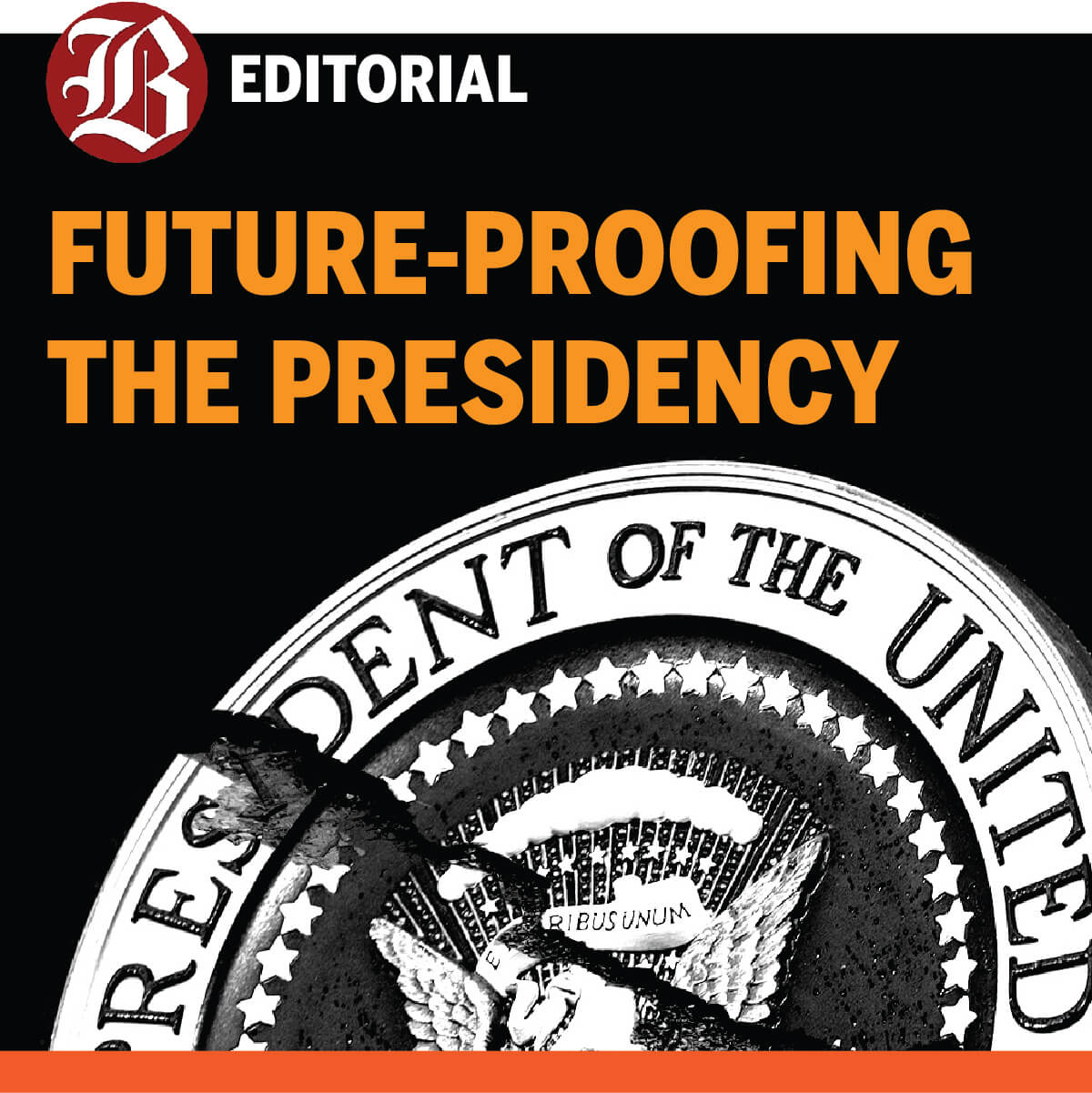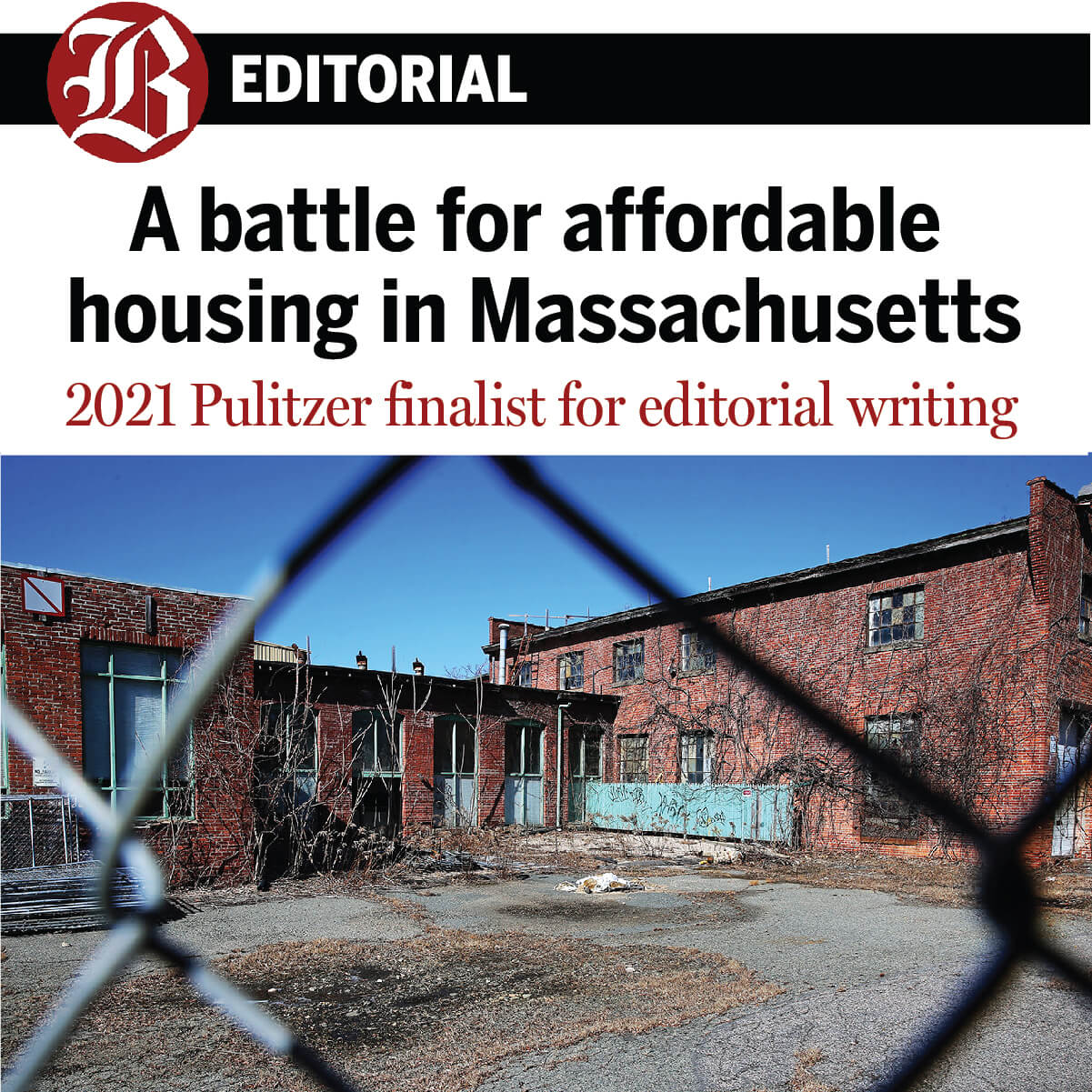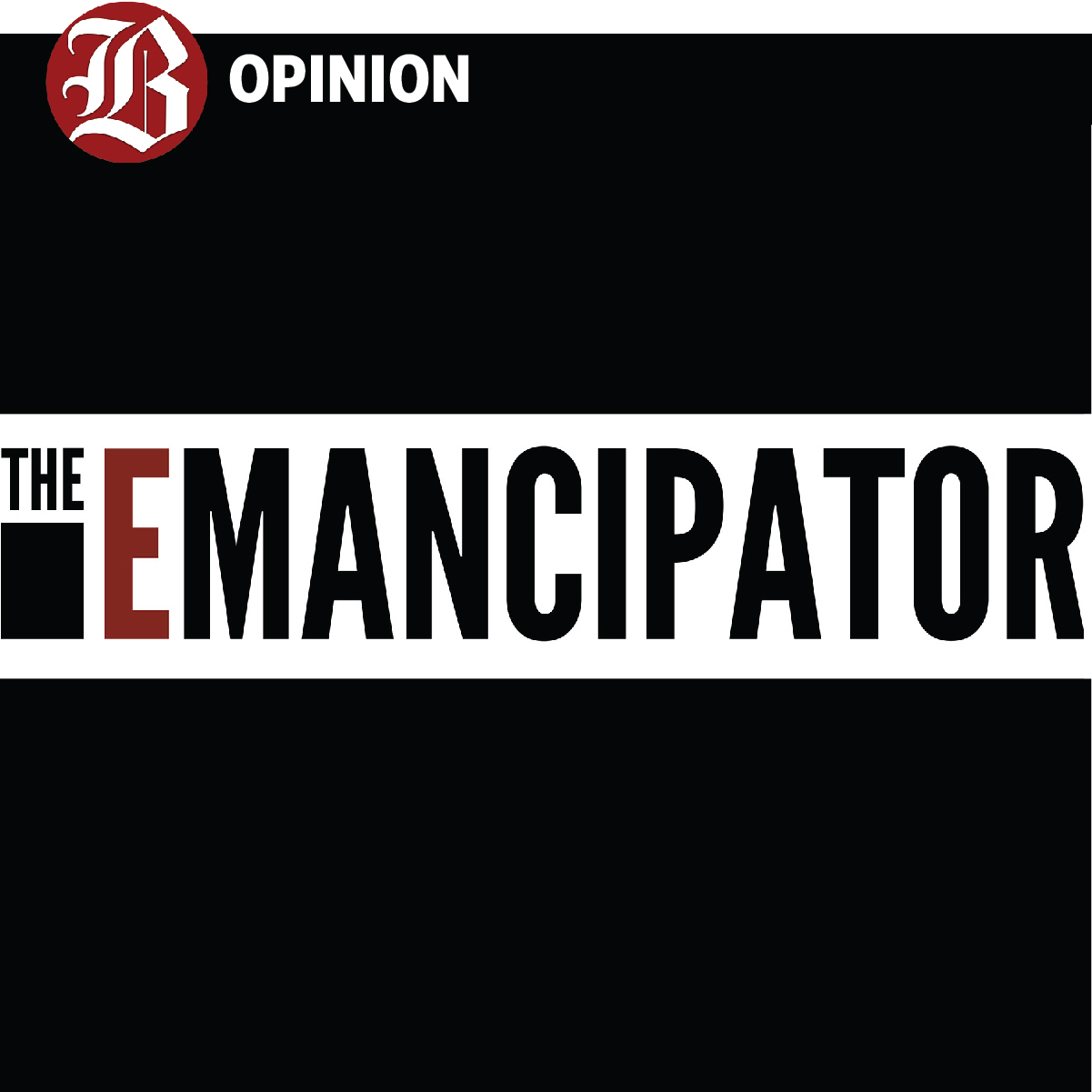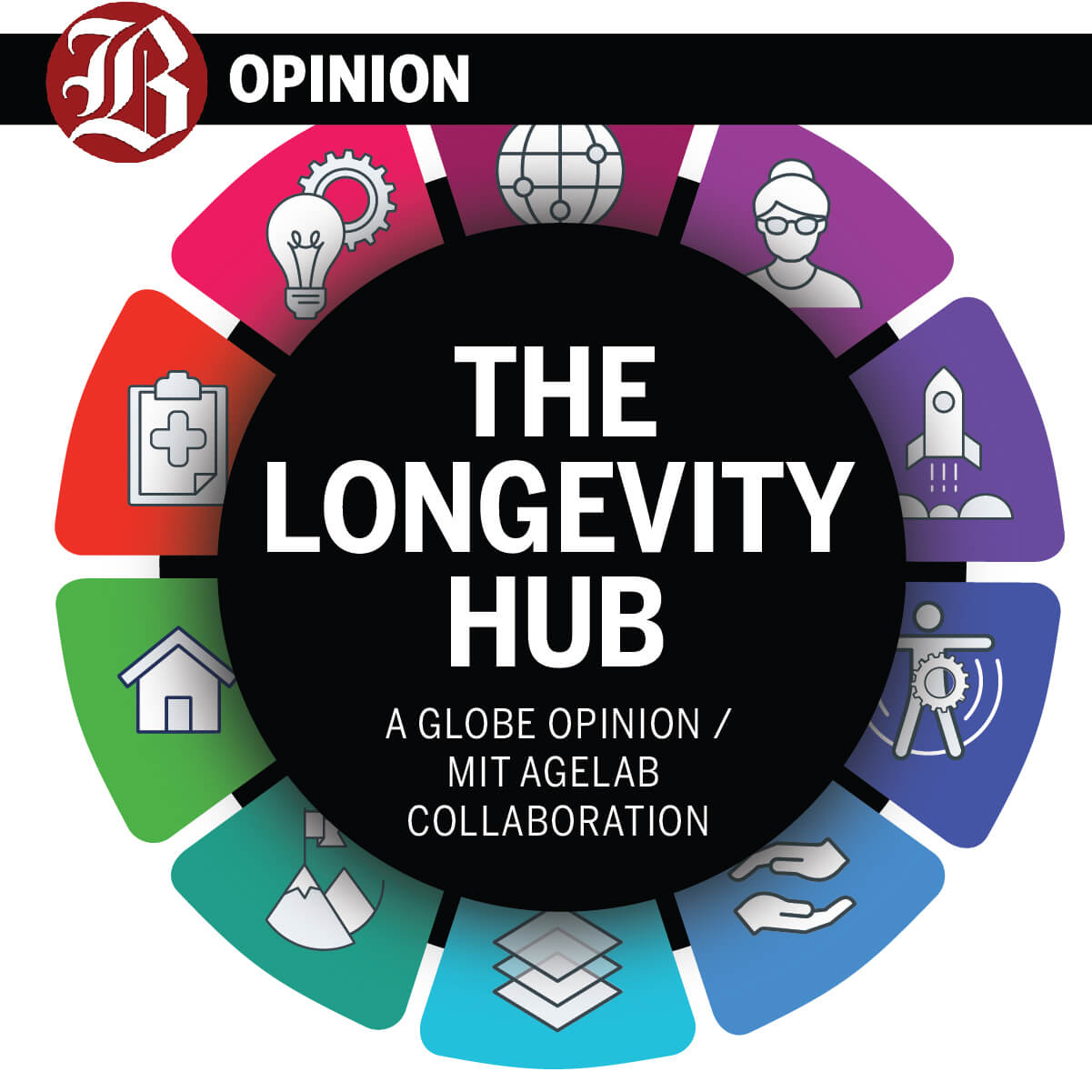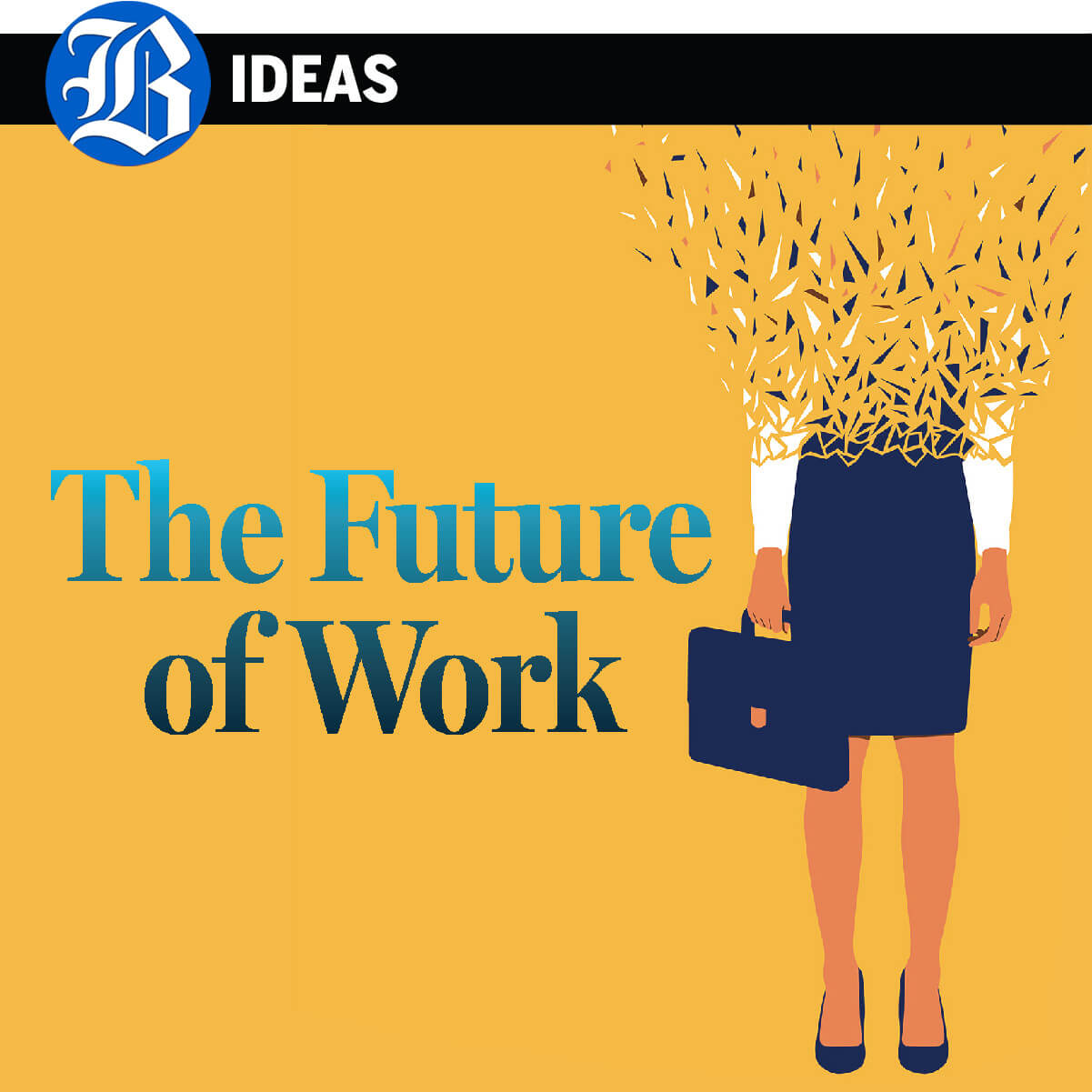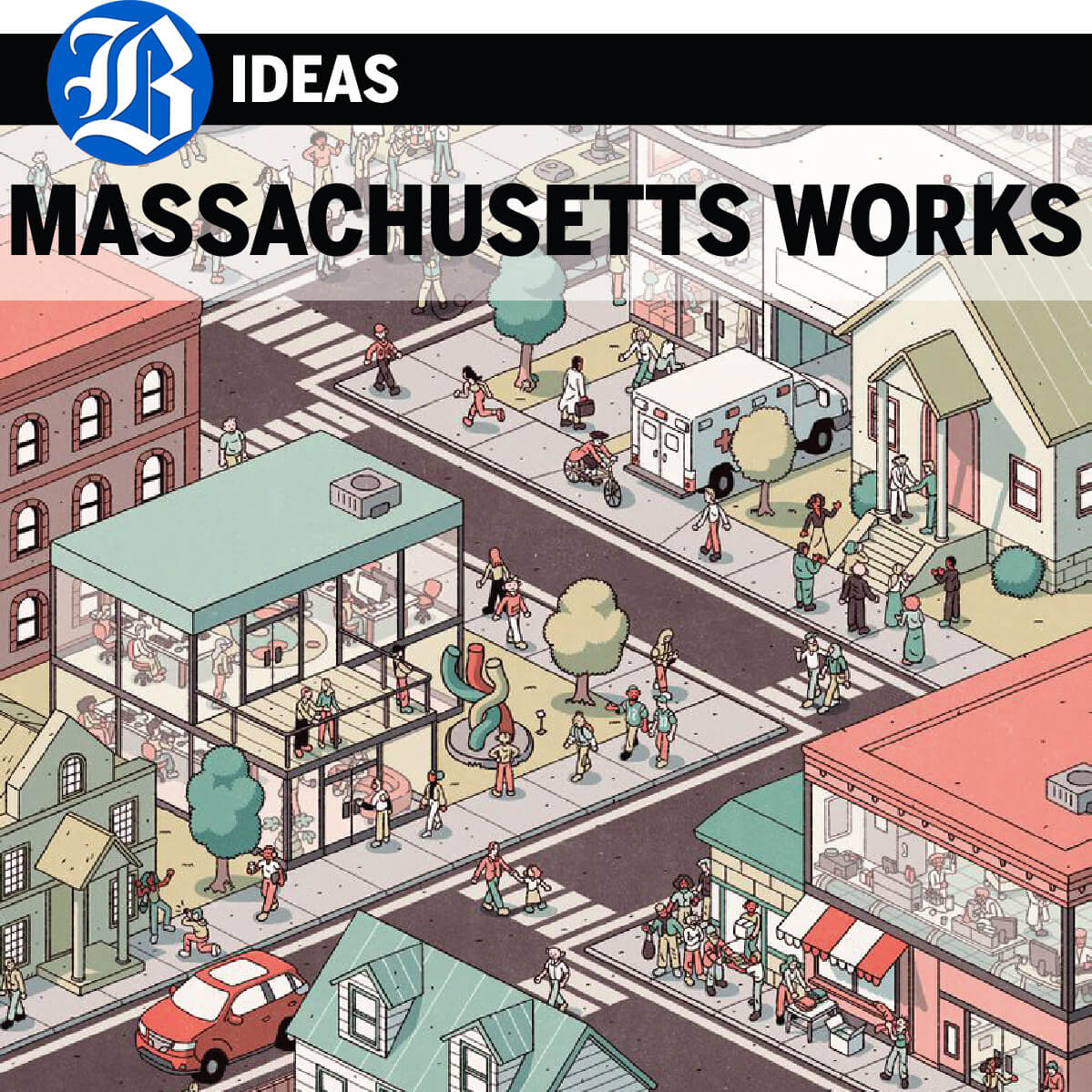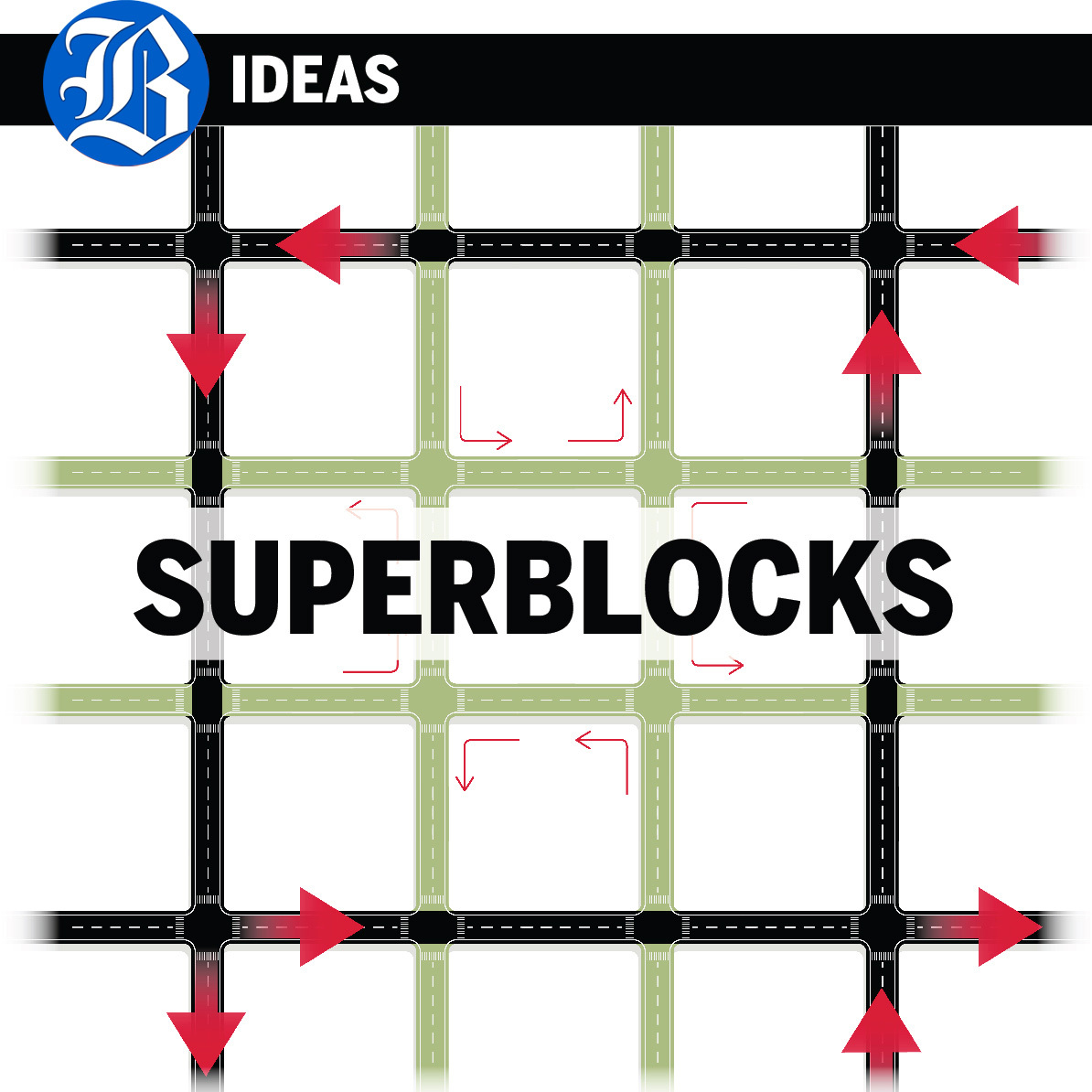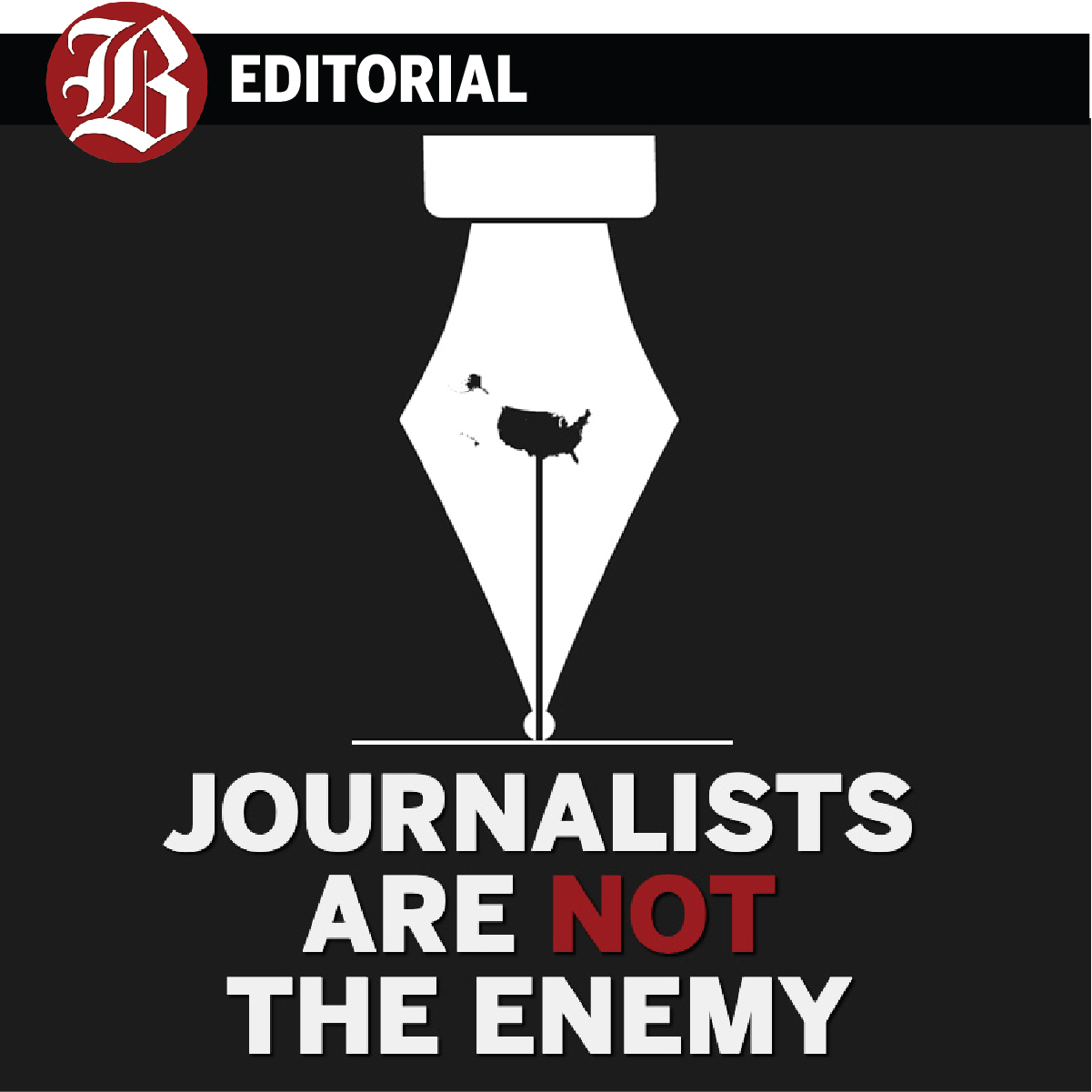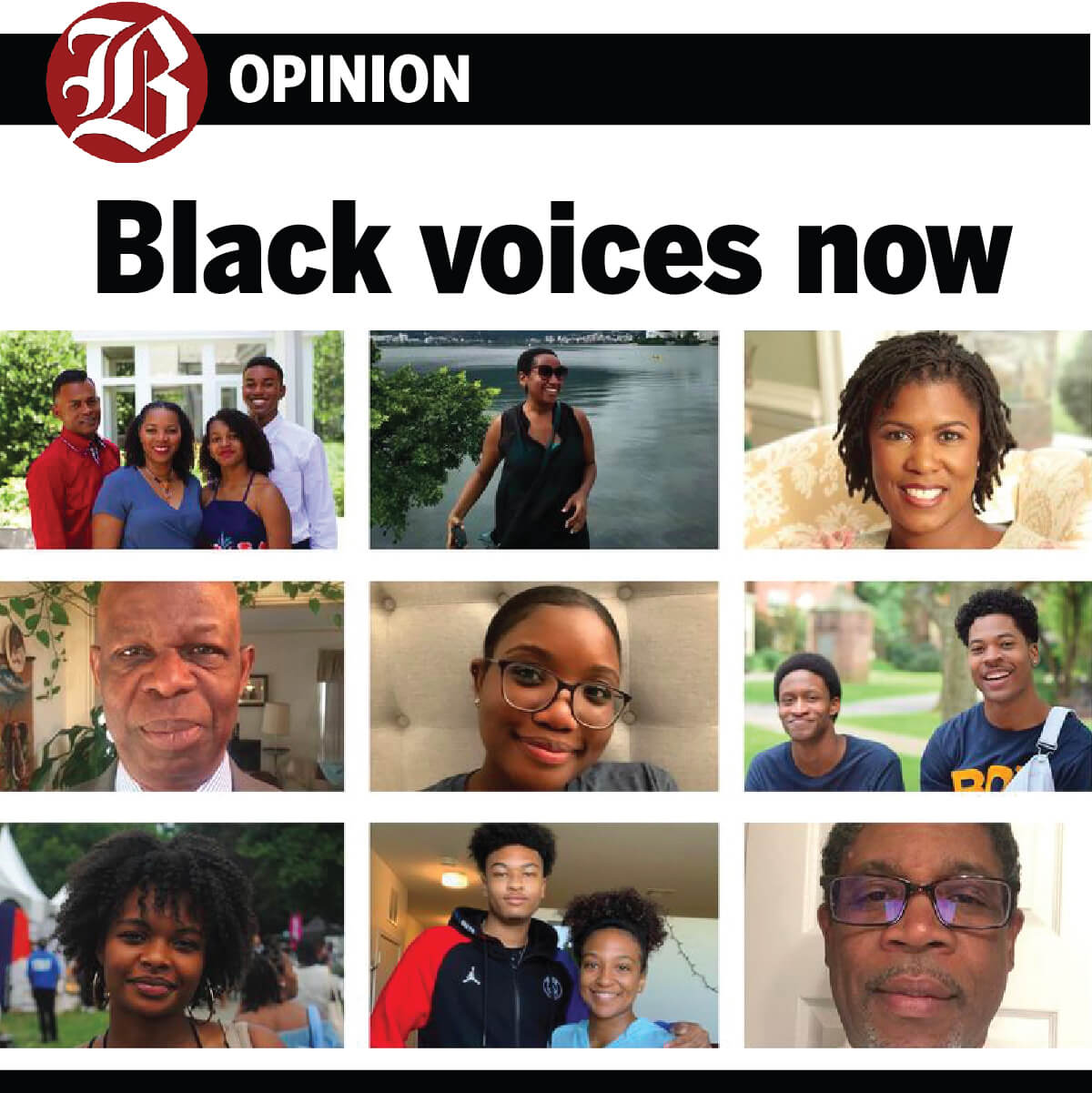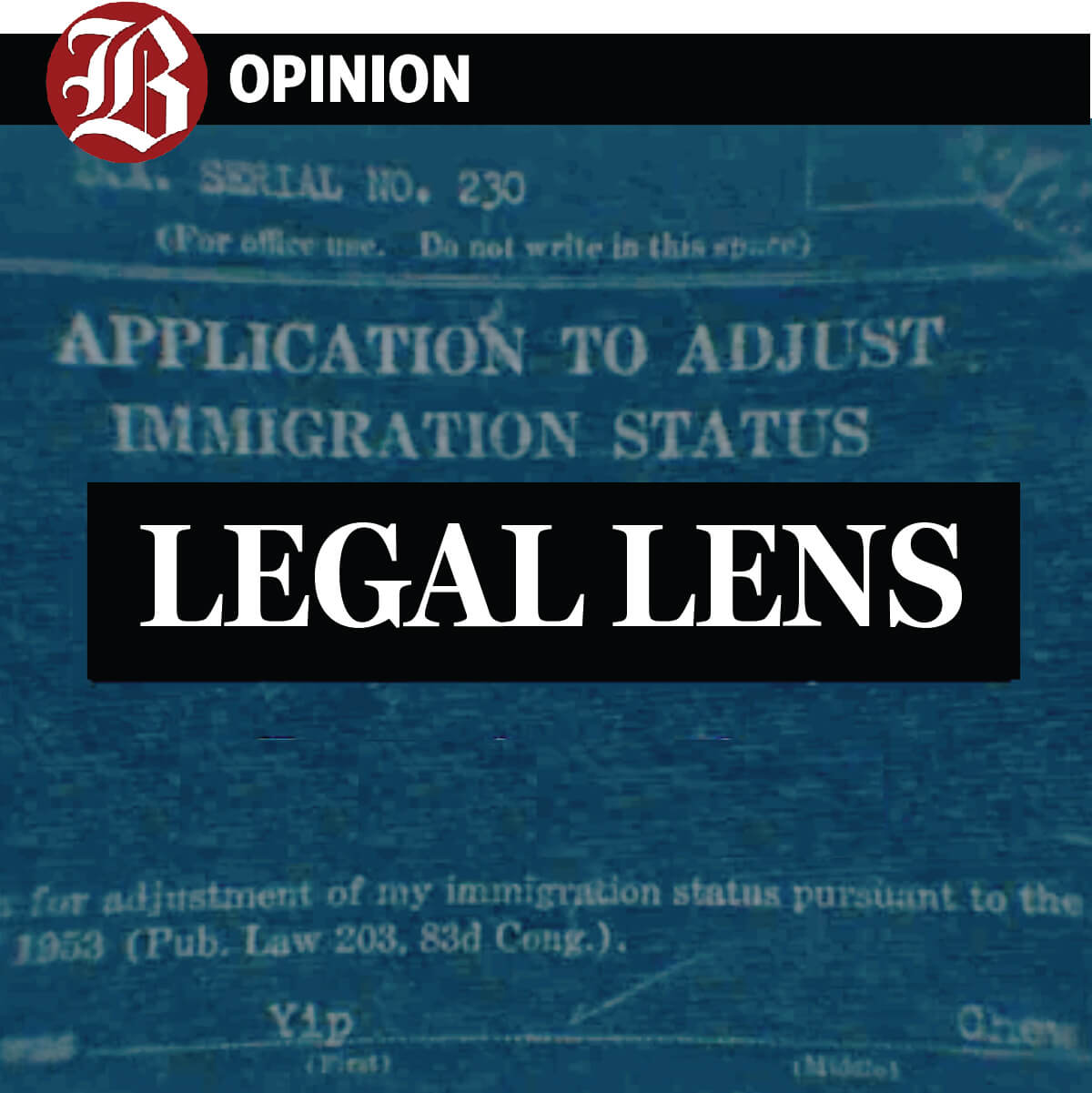Our work and mission
The Boston Globe Opinion team, led by James Dao, aims to provoke progress by showcasing important debates, creative solutions to tough problems, incisive and informed points of view, and evidence-based positions on political, cultural, and policy issues of the day.
Globe opinion content includes op-eds from columnists and contributors, Ideas features, letters, Op-Talks, cartoons, and editorials that represent the positions of the Globe editorial board.
The Globe Opinion team is separate from The Boston Globe’s news operation. Op-eds, letters, the Ideas section, and unsigned editorials are not produced by newsroom editors or reporters. Globe editorial board positions and Globe endorsements of candidates are made without consultation with the newsroom and without influence on their coverage of political races and candidates. This separation helps protect the integrity of both departments.
Contribute
Letter to the Editor
Letters to the editor represent the views of readers. The letters feature a broad range of opinions. Letters are selected from a large volume by the Globe's letters editor, Matthew Bernstein. The best way to increase the chance of having your letter chosen is to make it timely, original, and short. Usually, letters respond to articles or opinion pieces in the Globe, not simply to general issues of the day. The Globe reserves the right to edit letters for space, clarity, or content.
Letters should be sent exclusively to the Globe in 200 words or less and must include the sender’s name, address, and phone number for verification.
Op-Ed
Op-ed pieces represent the views of individual columnists and contributing writers. They reflect the diverse views of people in the community and beyond — and present viewpoints that run counter to the Globe editorial board's positions. The Globe's op-ed pages are curated by Globe Opinion's deputy managing editor Marjorie Pritchard.
The Boston Globe welcomes unsolicited op-ed submissions that are original, surprising, pithy, and well-written arguments on a timely issue. Topics on which you have firsthand expertise and/or experience face better odds of publication. Please keep the piece to 700 words.
Ideas
Ideas is a section that asks "what if?" and "why not?" We aim to surprise and inspire readers by illuminating possible solutions to complex problems and challenging conventional wisdom. Editor Brian Bergstein and deputy Ideas editor Kelly Horan accept submissions for reported stories, book excerpts/adaptations, first-person essays, op-eds, and Q&A features.
You'll help your chances if you send a completed submission, not a pitch; your submission is in the body of the e-mail instead of an attachment; and you tell us, in a line, who you are and why you're uniquely qualified to write this piece.
The Editorial Board
The Globe editorial board deliberates and takes positions on matters of policy in the public interest, holds leaders and institutions accountable for meeting high standards, and clarifies current events for the public. The board is a group of writers and editors on the Opinion team who conduct their own research and meet regularly to deliberate on the Globe's editorial viewpoint. The board meets often with policy makers, advocates, community members, political and business leaders, and academic experts to inform its positions. Editorials represent the views of the Boston Globe Editorial Board and the Globe as an institution.
The Globe editorial board is led by the editorial page editor James Dao and deputy editor Alan Wirzbicki.
The Globe also makes candidate endorsements during elections. Editorial writers, columnists, and editors conduct interviews with candidates and vet their policy proposals and backgrounds.
The Endorsement Process

How and why does the Globe endorse presidential candidates
A Q&A with editorial page editor James Dao
The Globe editorial board endorses political candidates and ballot questions in local, state, and national primaries and elections on a selective basis. When determining whether to endorse a candidate or a position, it weighs the potential it has to clarify issues for readers and voters, the closeness of the contest, and the importance to residents of the region. Because of time constraints, it cannot endorse in all worthy races, so it also makes determinations based upon what it knows is essential to our readers and what reflects its areas of expertise as a board.
When evaluating candidates and positions, it looks at what will achieve the greatest good. The deliberations involve conducting interviews with candidates and proponents of positions, independent research and reporting on their backgrounds, and a detailed discussion of the candidates’ policy positions and personal qualities among the board. It looks for alignment with policies that the board has determined over time are in the public interest and, in the case of candidates, for personal qualities that show their potential for strong leadership and public service. It also tries to determine whether candidates will make the most urgent and important issues facing their constituents a priority. (For more context, read this Poynter Institute interview with editorial page editors, including the Globe’s, on why newspapers endorse candidates, and this National Press Institute interview on the Globe’s endorsement of Joe Biden for 12 different voter types.)
Globe endorsements are collective decisions that do not necessarily reflect any given board member’s position or preferred candidate. It often endorses candidates and positions that the largest number of board members can converge upon given the knowledge we have at the time of the endorsement.
In 2020, the board learned that many readers want to know more about its endorsement process and about candidates, especially when it endorses candidates early in the election season, something it ventured to do because of the coronavirus pandemic and the dramatic rise in early and mail-in voting. Going forward, the board hopes to host Globe Op-Talks with select candidates it endorses in major races, in an effort to raise and vet readers’ questions for candidates and the board after an endorsement.

